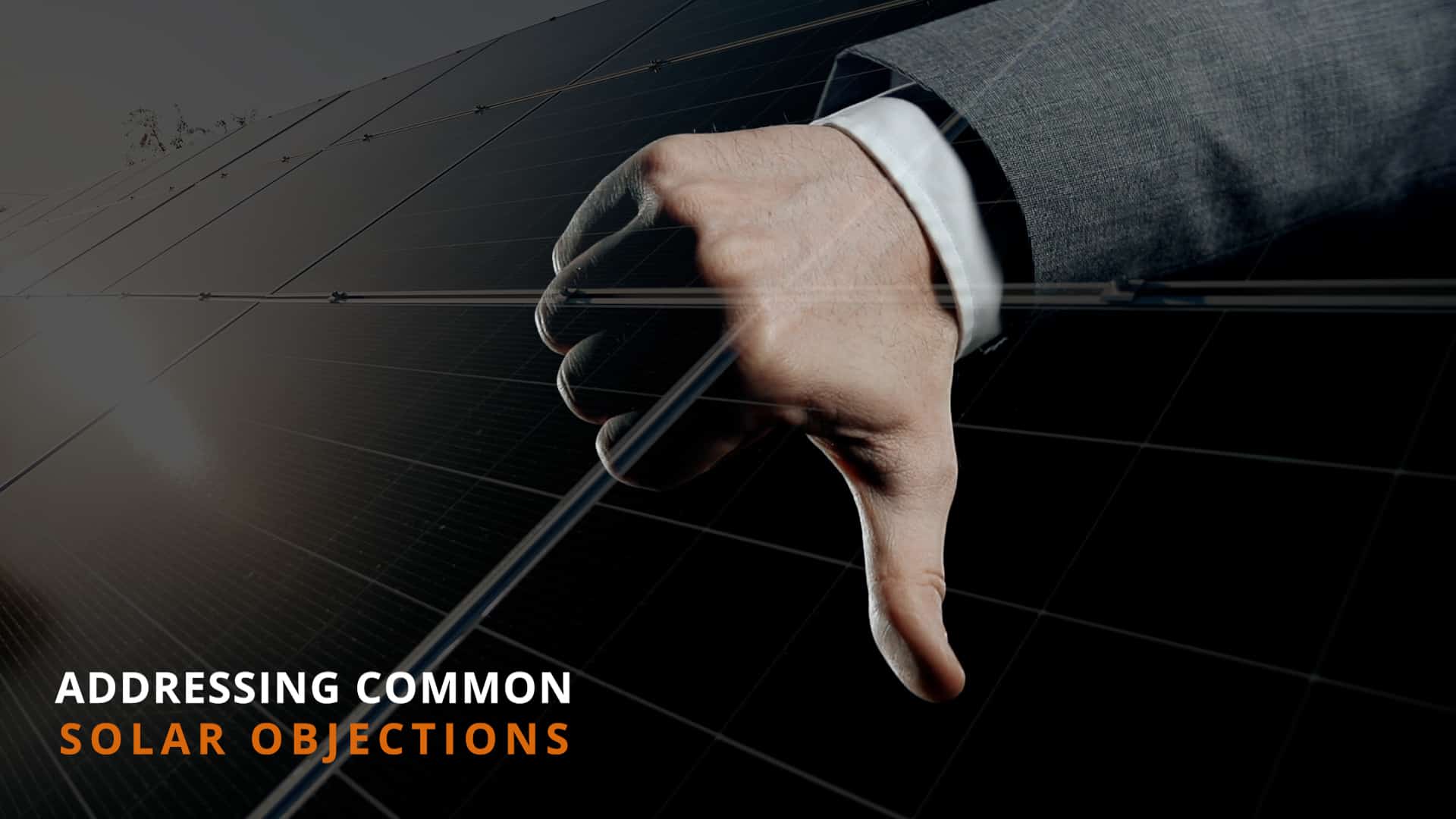
Common Solar Objections
Objections are Common and Natural
As with any major life decision or investment, objections are a natural part of the solar sales process. In this article, we’ll be addressing four of the most common objections solar customers have to make you feel more secure in your investment and confident that solar is right for you.
 Objection #1: Solar is Too Expensive, I Can’t Afford It
Objection #1: Solar is Too Expensive, I Can’t Afford It
Thanks to advancements in technology and the unrelenting power of the sun, solar is now the cheapest form of energy in the world. However, the upfront costs of installing solar on a home or business may cause customers to shy away from investing in this affordable and clean energy source.
Nevertheless, solar installations are actually cheaper than ever thanks to a variety of solar financing options that can be used together to help cover these upfront costs. Currently, 30% of the total cost of a solar system is covered by the federal government in the form of tax credits stemming from the Inflation Reduction Act (IRA) passed last year. Local and state credits that reduce installation costs may also be applied depending on your location.
Additionally, there are $0 down loan options to help you go solar. Since the energy produced by this system will replace the energy you are currently buying from the grid (or a portion of it), the payments will take the place of your current utility bill.
Lastly, going solar allows you to lock in your electricity rate so that your energy rates are no longer subject to price hikes and inflation. With stable and predictable rates for years to come, you can feel secure knowing that energy independence frees you from the volatile energy market and any national or global events that may impact prices.
 Objection #2: I’m Worried About Damage to My Roof
Objection #2: I’m Worried About Damage to My Roof
Anytime work is done on your home there is a chance something may go wrong. However uncommon it may be, many solar customers express concern over damage to their roof and whether or not their warranties will cover it. Thankfully, you don’t need to worry about solar panels voiding your roof warranty, as a solar system’s warranty can work alongside an existing roof guarantee.
The main concern when installing solar is that a roof might be penetrated by the solar racking system and thus lead to leakage through the roof. Though very uncommon, solar companies offer roof penetration warranties. NATiVE Solar warrants its workmanship for a period of ten years from the date of completion and responds to warranty claims within 72 hours of notice. Most roof contracts last only 5 years, so this warranty actually extends your coverage significantly. Anywhere that solar ends up touching your roof is therefore covered for much longer than where the solar system is not present.
Another thing to consider is that solar panels actually offer protection for your roof. Instead of hail, wind, snow, or heat touching your roof, it’s now touching your panels, which have gone through rigorous weather testing to ensure no damage is incurred by these natural forces. So, in reality, by going solar your roof is better protected and has a more robust warranty in case of any damage.
 Objection #3: I’m Planning to Move Soon
Objection #3: I’m Planning to Move Soon
Oftentimes, homeowners thinking about moving are hesitant about upgrading their property before they move and don’t want to make what they consider to be a long-term investment. However, even if you’re only planning to stay at the property for a short period of time, there are still benefits to going solar.
One of these benefits is that homes with solar sell faster and for more money. When buyers review the mortgage and other monthly payments, homes with solar have zero or fixed low prices monthly which is much more attractive to potential buyers. Studies have proven this as well. One study commissioned by Zillow shows that homes with solar, on average, sell for 4% more than comparable homes without solar. For the median-valued home, that translates to an additional $9,274. Research from Berkeley Labs also indicates that buyers are willing to pay more for homes with solar energy systems. These homes are selling for about $4 more for every watt of solar installed, equating to a premium of about $15,000 for a typical solar system.
Solar also provides a faster return on investment (ROI) than most customers realize. If you plan to stay in the house for 5 to 7 more years, then you can absolutely still benefit from going solar. The value of your solar system is based on what utility rates are, and the more expensive those rates are, the faster your ROI is. As utility prices continue to rise, it’s common for homeowners to pay off the entirety of their system in 5-7 years given how much money they typically would be spending on their utility bills.
 Objection #4: I’d Rather Use the Money for Other Investments
Objection #4: I’d Rather Use the Money for Other Investments
Investments are not mutually exclusive, and diversification is key in making smart investments. Even if you are a successful investor, a portion of the money that you could be investing is going straight to your utility company.
Adding solar to your home is a safe, stable investment. While other investments can be volatile and seen as a gamble, solar is better as a guaranteed ROI because you know exactly what you’re paying for. Solar offers you price protection from rising utility bills immediately, so that you can keep more money in your pocket right now.
Any More Questions?
We hope that addressing these common objections has made you more confident about investing in solar. NATiVE’s sales team is here to answer any other questions or concerns you may have. Contact us to receive an instant complimentary quote today.



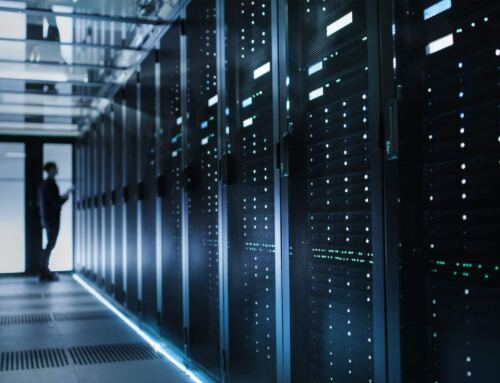



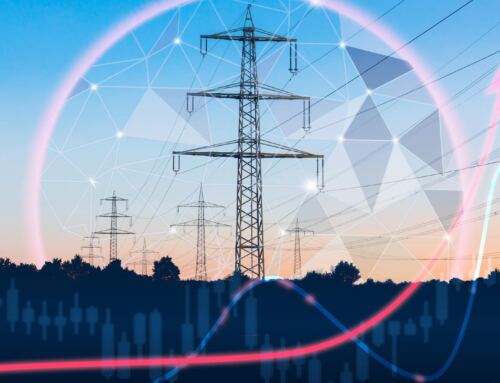
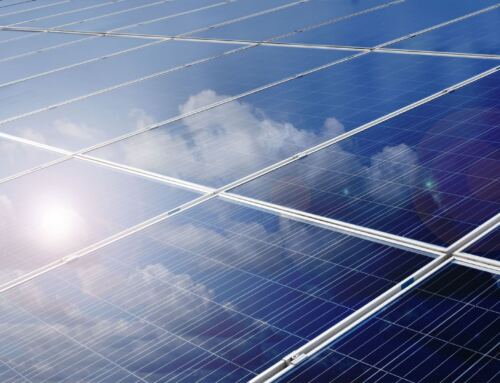
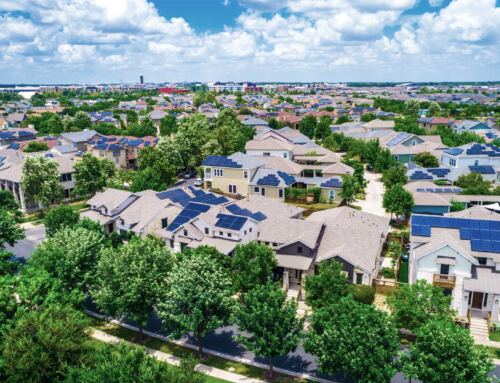
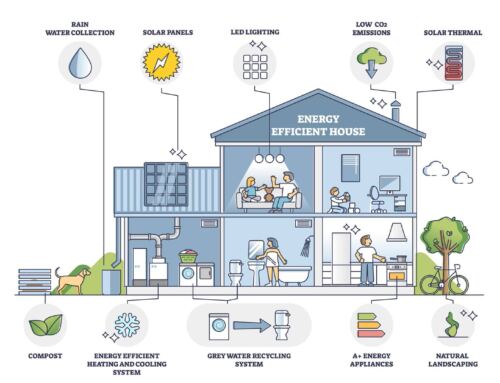
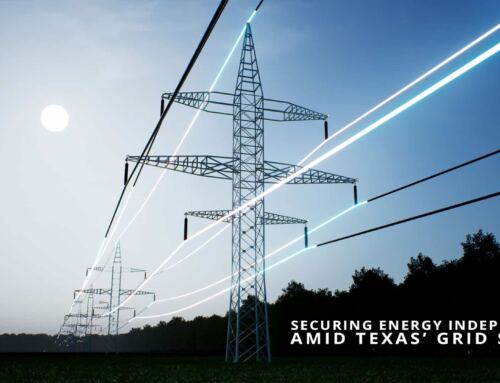
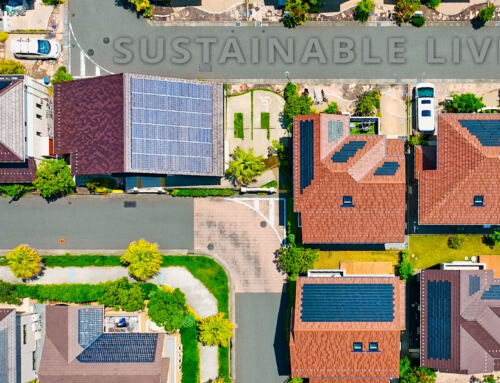
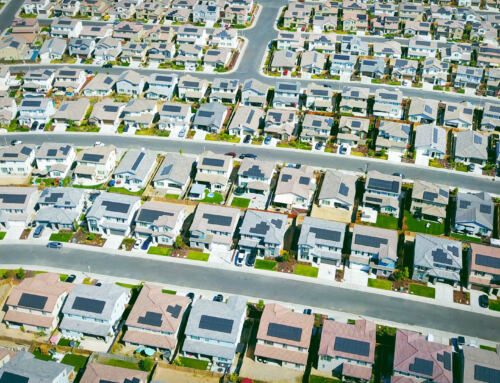
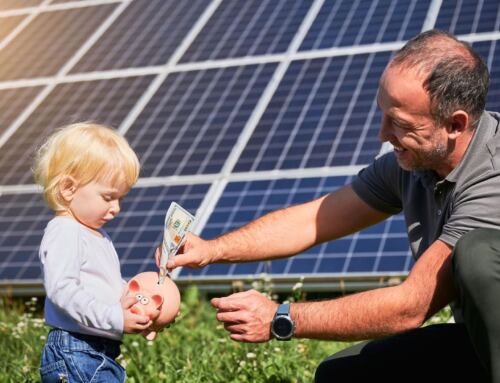
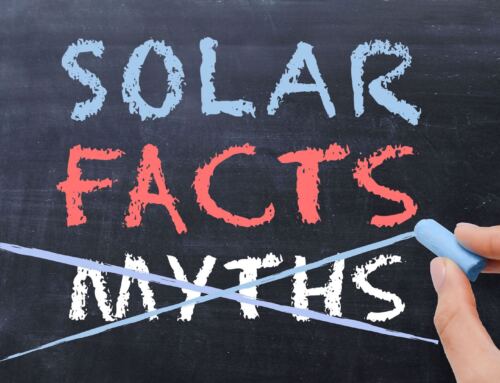

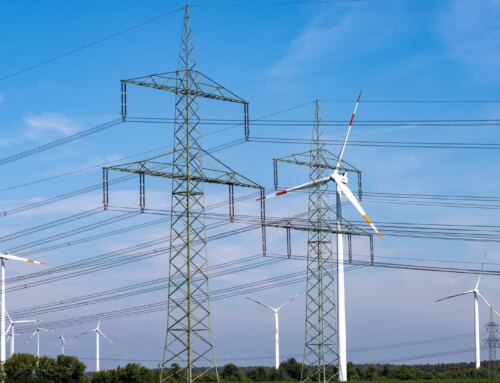
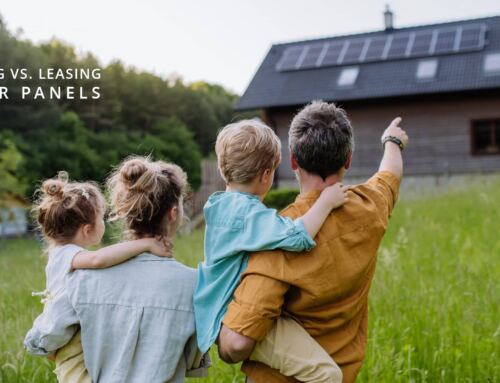
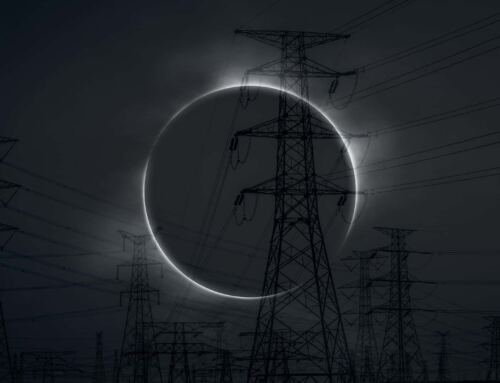
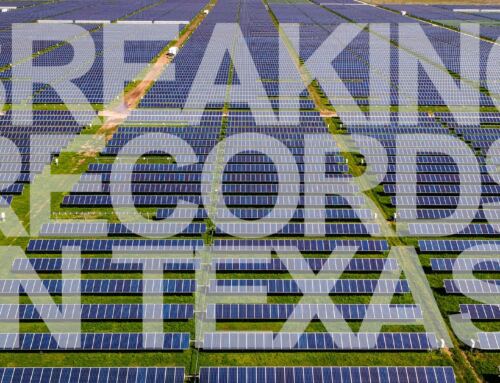
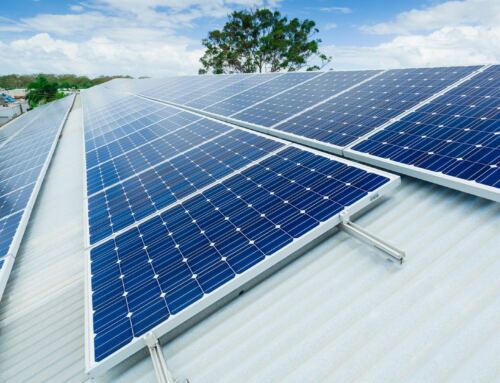
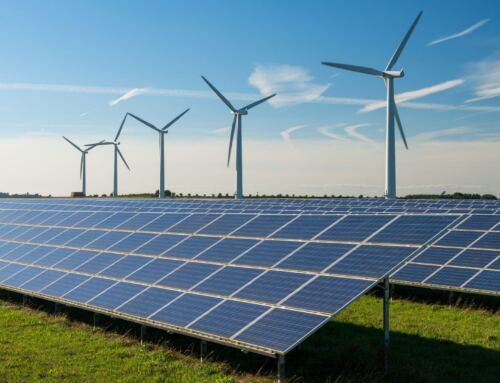
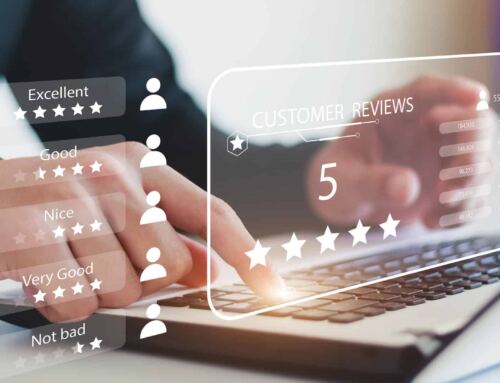
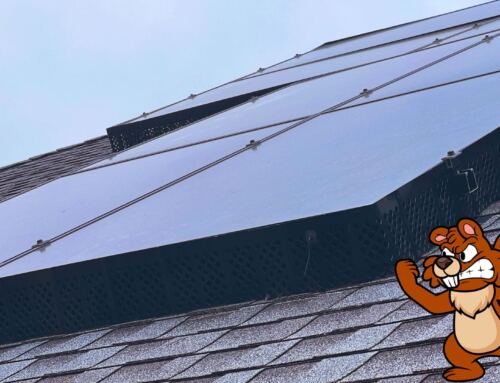

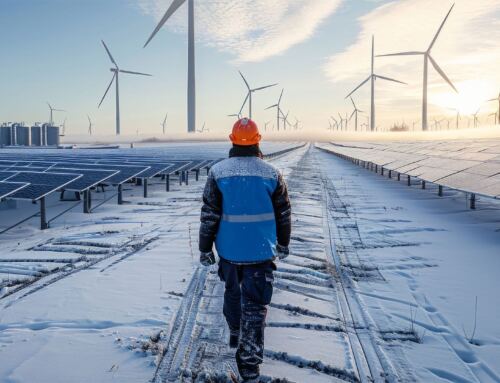
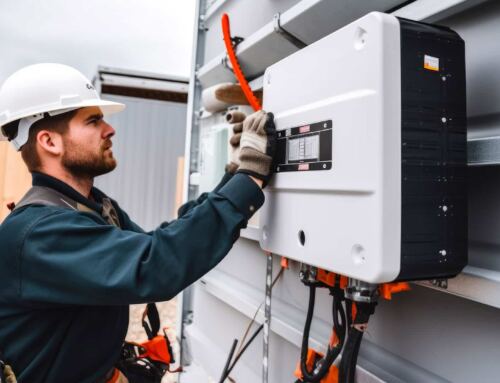
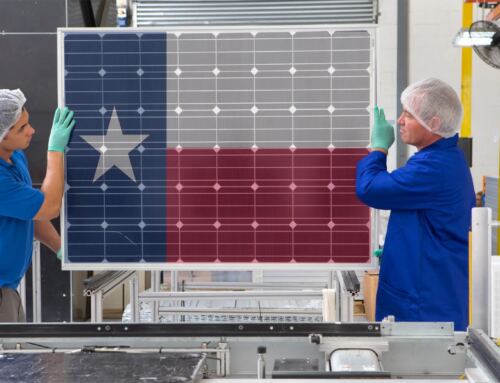
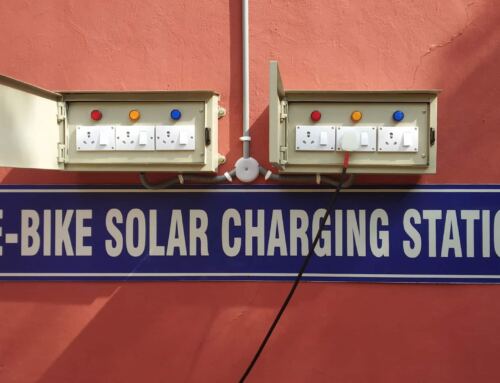

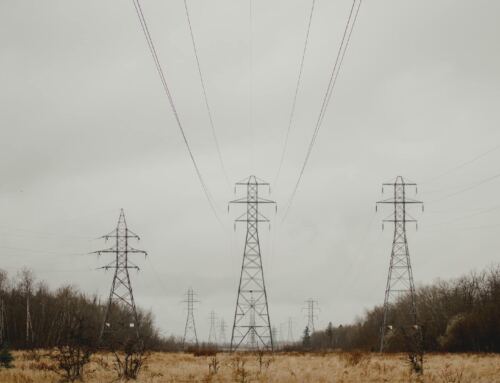
House is surrounded by mature live oak trees that took damage in the freeze last year. Are trees sn issue in considering solar? Thanx
Hi Maryl,
If the trees are shading your roof and cannot be trimmed back and there is no place on your property for a ground mounted system, then it is an issue when considering solar. If you’d like to have our team take a look for you, we’d be more than happy to let you know if solar makes since for you with a free quote.
Just submit your info here: https://nativesolar.com/get-started/
Thanks!